antioxidant and free radical scavengers of liberia
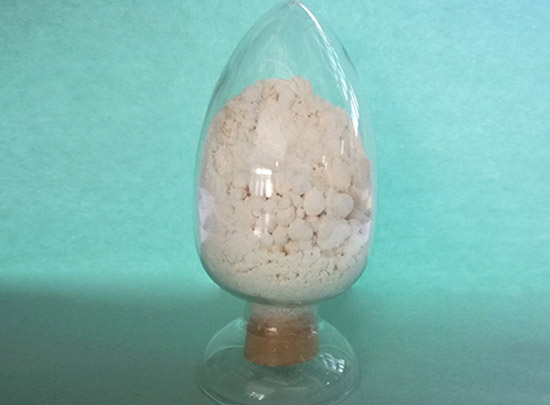
Antioxidant, Antimicrobial, and Free Radical Scavenging
Antioxidant, Antimicrobial, and Free Radical Scavenging Potential of Aerial Parts of Periploca aphylla and Ricinus communis. ... laevigata is taken as tea and is used as a herbal medicine for the treatment of diabetes and headache and also possesses antioxidant and free radical scavenging ... Hence these plants can act as NO radical scavengers.
Send InquiryAntioxidant and Free Radical Scavengers - Chemopreventive
TEMPOL - CAS 2226-96-2 - Calbiochem A stable, cell-permeable nitroxide that acts as a free radical scavenger and nitric oxide spin trap.
Send Inquiry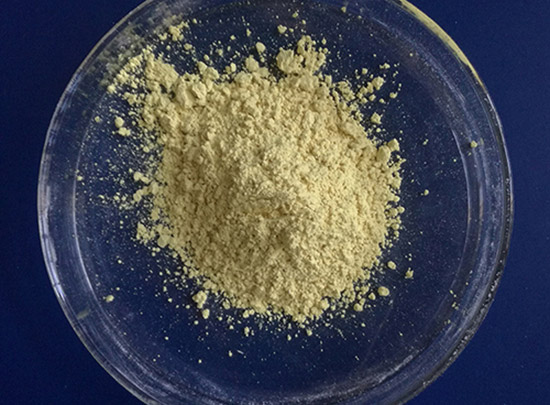
Antioxidants supplements, free-radical scavengers | Byclue
Several stress factors and lifestyle habits are known to promote excessive free radical formation and oxidative stress: air pollution, cigarette smoke, alcohol intake, toxins, high blood sugar levels, consuming large amounts of polyunsaturated fatty acids, radiation, infections by bacteria, fungi or viruses, excessive intake of iron, magnesium, copper, or zinc, too little or too much oxygen in the body, intense and prolonged exercise, too little of too much intake of antioxidants, etc.
Send InquiryAntioxidants and Free Radical Scavengers
These are called free radical scavengers or Antioxidants. Some of the best Free Radical Scavengers are: Vitamins: A, B3, B5, B6, C Complex, and E Complex Minerals: Germanium, Manganese, Selenium, and Zinc Amino Acids: L-Cysteine, DMG (N,N-Dimethylglycine), and GSH (as Glutathione Peroxidase and Reduced Glutathione), L-Methionine,...
Send Inquiry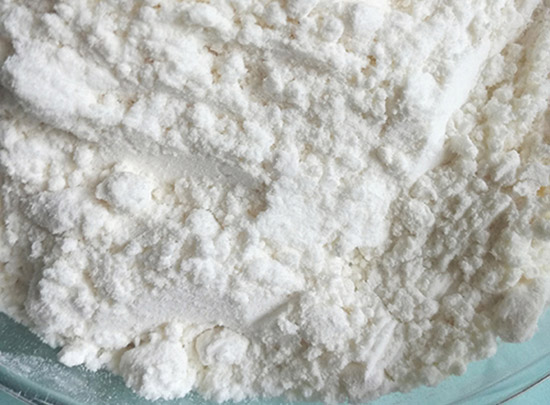
Antioxidant and free radical scavenging activity of an
The results from various free radical-scavenging systems revealed that the C. aromaticus had significant antioxidant activity and free radical-scavenging activity. The free radical-scavenging property may be one of the mechanisms by which this drug is useful as a foodstuff as well as a traditional medicine.
Send Inquiry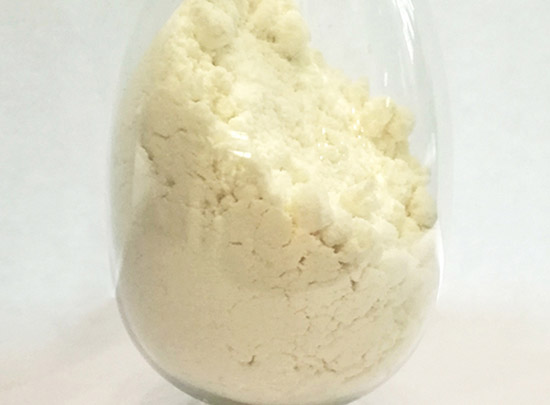
Antioxidant activity and free radical scavenging capacity
The DPPH is a stable free radical with a maximum absorbance at 517 nm it can readily undergo scavenging by an antioxidant, and gets converted in to 1,1-diphenyl-2-picrylhydrazine. The degree of discolouration indicates the scavenging potentials of the antioxidant extract.
Send Inquiry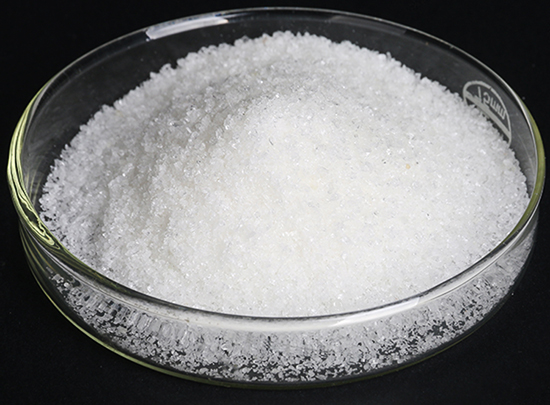
Whats is the difference between Antioxidants and ROS
ROS scavengers are compounds capable of reacting with reactive oxygen species and other reactive free radicals. For example, ethanol is a very active ROS and free radical scavenger but is no antioxidant. N-acetylcysteine and BHT are both ROS acavengers; but they have different reactivities and different physical properties in cells.
Send InquiryFree radical scavengers - SlideShare
Free radical scavengers. Ascorbic Acid ( Vitamin C ) : Antioxidant Function - Scavenges free radicals and reactive oxygen molecules, which are produced during metabolic pathways of detoxification. • Tobacco (chewing & smoking) is rich in free radicals which damage DNA throat & lung cancer through formation of nitrosamine. Both vit C & E inhibit nitrosamine formation.
Send Inquiry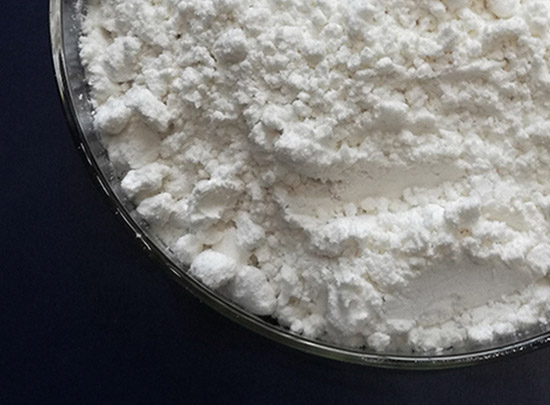
Antioxidant
Antioxidants are compounds that inhibit oxidation. Oxidation is a chemical reaction that can produce free radicals, thereby leading to chain reactions that may damage the cells of organisms. Antioxidants such as thiols or ascorbic acid terminate these chain reactions. To balance the oxidative stress, plants and animals maintain complex systems of overlapping antioxidants, such as glutathione and enzymes, produced internally, or the dietary antioxidants vitamin C and vitamin E. The term "antioxid
Send Inquiry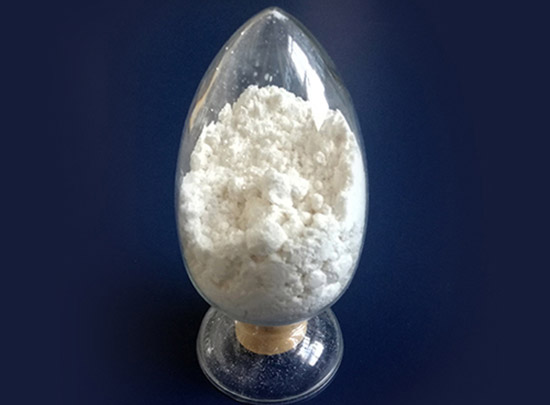
Antioxidants and Cancer Prevention - National Cancer Institute
Antioxidants are chemicals that interact with and neutralize free radicals, thus preventing them from causing damage. Antioxidants are also known as “free radical scavengers.” The body makes some of the antioxidants that it uses to neutralize free radicals. These antioxidants are called endogenous antioxidants.
Send Inquiry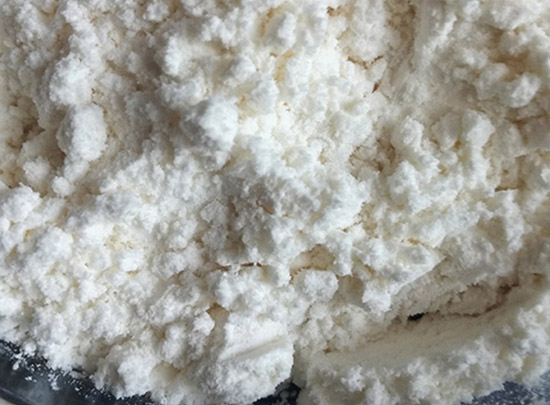
Free radicals, natural antioxidants, and their reaction mechanisms
4. Modulation of free radicals by natural antioxidants. Two types of antioxidants namely the enzymatic antioxidants and nonenzymatic antioxidants modulate the free radical reactions.However, vitamin E is not an efficient scavenger of ˙OH and alkoxyl radicals (˙OR) in vivo.48.
Send Inquiry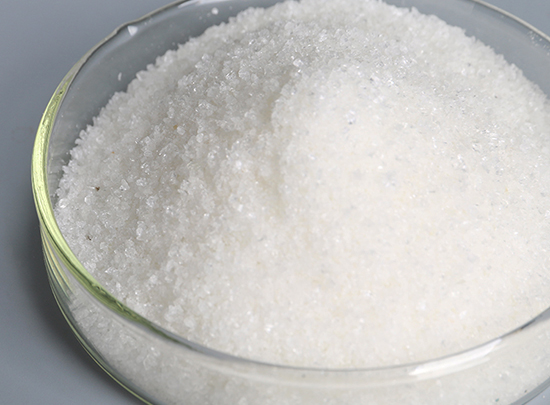
Endogenous antioxidants and radical scavengers. - PubMed
Free radicals generated by oxidative stress exert an important role in the development of tissue damage and aging.In this chapter only endogenous antioxidant molecules will be critically discussed, such as Glutathione, Alpha-lipoic acid, Coenzyme Q, Ferritin, Uric acid, Bilirubin
Send Inquiry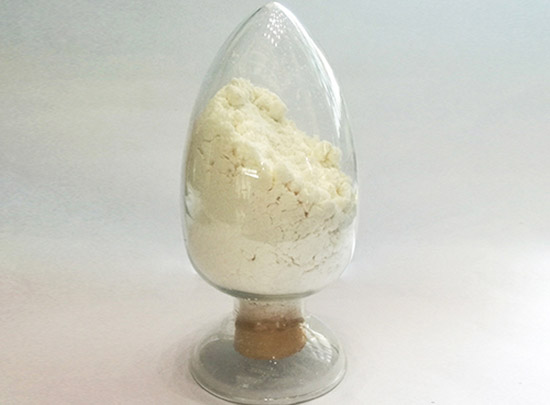
FREE RADICAL SCAVENGERS (Natural Antioxidants In Foods)
Antioxidant radicals may undergo additional reactions that remove radicals from the system, such as reactions with other antioxidant radicals or lipids radicals to form nonradicalB. Ascorbate. Ascorbic acid (vitamin C; Fig. 2) acts as a water-soluble free radical scavenger in both plant and animal tissues.
Send InquiryUnderstanding Free Radicals and Antioxidants
Antioxidants neutralize free radicals by donating one of their own electrons, ending the electron-"stealing" reaction. The antioxidant nutrients themselves don?t become free radicals by donating an electron because they are stable in either form They act as scavengers, helping to prevent cell and
Send InquiryAre antioxidants free radical scavengers?
Antioxidants work by liberation of specific molecules from their own make and donation of them to the free radicals thereby stabilizing them. And this donation does not induce a free radical state in themselves. This is what makes many vitamins so important but so misunderstood…
Send Inquiry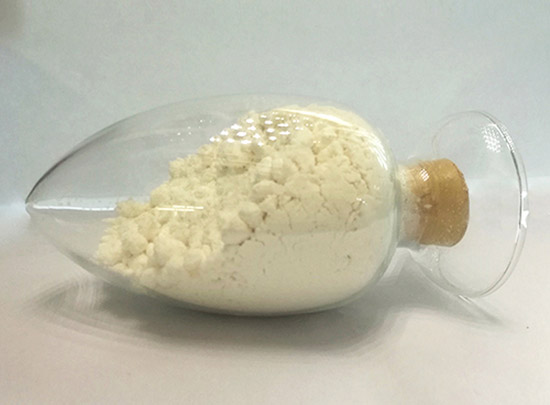
Antioxidant and Free Radical Scavengers | Sigma-Aldrich
Glutathione, Reduced, Free Acid - CAS 70-18-8 - Calbiochem Glutathione, Reduced, Free Acid, CAS 70-18-8, is a tripeptide that serves as an endogenous antioxidant and provides protection againstLuteolin - CAS 491-70-3 - Calbiochem An antioxidant flavonoid and a free radical scavenger.
Send Inquiry
Free Radicals, Antioxidants in Disease and Health
| Free radicals and oxidants play a dual role as both toxic and beneficial compounds, since they can be either harmful or helpful to the body.Endogenous and exogenous antioxidants act as “free. radical scavengers” by preventing and repairing damages. caused by ROS and RNS, and therefore
Send Inquiry
Plant Products as Antioxidants and Free Radical Scavengers
The Plant Natural Products: Their Antioxidants, Free Radical Scavengers, DNA Protection and Antimicrobial Activities.These products exhibited several important biological activities such as antimicrobial, anti-allergic, antiinflammatory, antioxidant and free radical scavenging due to their
Send InquiryEndogenous Antioxidants and Radical Scavengers
Free radicals generated by oxidative stress exert an important role in the development of tissue damage and aging.Chemical and physical properties and potential mechanism: melatonin as a broad spectrum antioxidant and free radical scavenger.
Send InquiryFree radical scavengers | definition of Free radical scavengers by
Free radicals are normally scavenged from tissues by the antioxidant enzymes superoxide dismutase and glutathione peroxidase.We all know that antioxidants are free radical scavengers. Understanding the entire antioxidant cascade would be helpful in understanding their skin benefits.
Send Inquiry